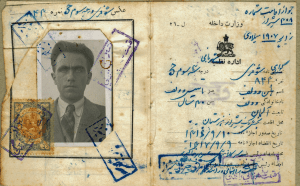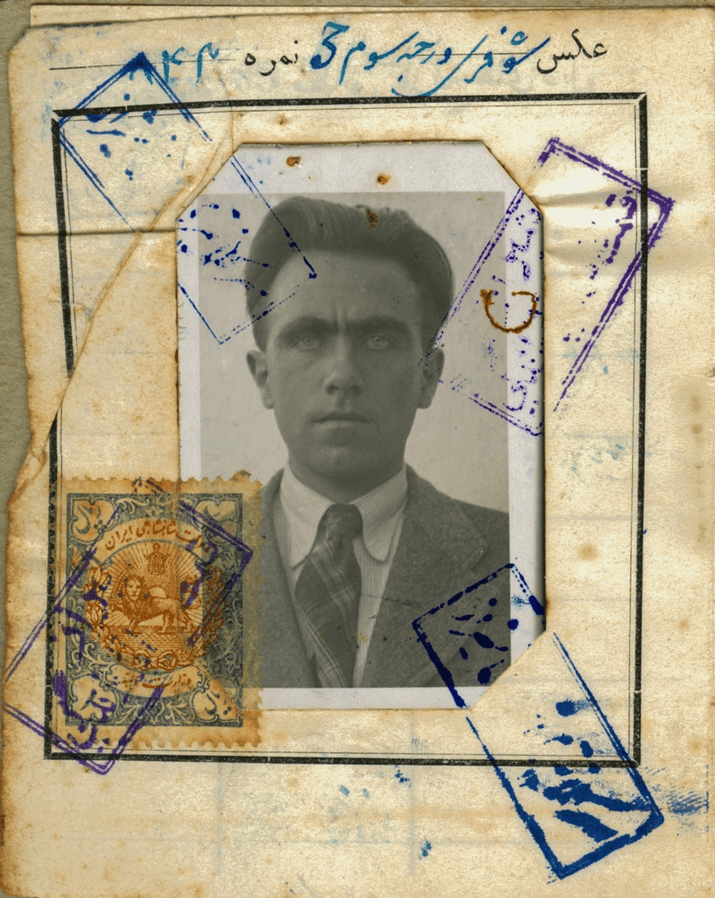Uncovering Dr Hans E. Wulff Collection: A Life Contribution to the Study of Iran and Iranian Studies
with Pedram Khosronejad
 In 1936, twenty-nine-year-old Johannes Eberhard Wulff (1907-1967) was given an official position to go to Iran at the request of Reza Shah (1878-1944), the king (r. 1925-1941), to plan and set up the first ever schools of technical engineering, as foreign aid from the German government to the Iranian government.
In 1936, twenty-nine-year-old Johannes Eberhard Wulff (1907-1967) was given an official position to go to Iran at the request of Reza Shah (1878-1944), the king (r. 1925-1941), to plan and set up the first ever schools of technical engineering, as foreign aid from the German government to the Iranian government.
The first technical college was established by Wulff in Shiraz in 1937, and it was during the official opening of this school that he received a royal order from Reza Shah to collect the necessary data for the preparation of an encyclopedia regarding the Traditional Crafts, Technology, Science, Material Culture and Art of Persia. In parallel with administering and teaching at the Technical Colleges in Shiraz, later in Isfahan and finally in Tabriz, Wulff spent time from 1936 to 1941 travelling all around the country observing, interviewing, and photographing master craftsmen of many different guilds to record their techniques of production and tool making, to teach at his new schools and to use them as primary resources in his royal project.
Since July 2019, Prof Khosronejad has been working closely with the children of Hans E. Wulff in Sydney. They have recently donated his entire collection and archival material to Khosronejad’s project German Civilian Expatriates of Persia and WWII. This collection contains more than 5,000 unpublished photographs, negatives, slides, and drawings; more than ten handwritten diaries; more than 5,000 field notes, official letters and communications. This paper will present the life and research conducted by Hans E. Wulff in Iran between 1936-1941 and in 1964-65 and discusses the significance of his archive and collection for the study of the traditional craft, art, technology, and science of Iran.
About the speaker:
Pedram Khosronejad is Adjunct Professor at the School of Social Sciences at Western Sydney University and the founding moderator of Anthropology of the Middle East and Central Eurasia (ACME) network of the European Association of Social Anthropologists (EASA). He is internationally recognised for his contribution to the fields of visual piety and material religion; war, memory and forced displacement; gender, sexuality, and race including slavery in modern Iran and Persianate societies, the greater Middle East and Central Asia, the Muslim world and Australia. In particular, he explores the manners by which culture, memory, and visual material are bound up in as well as influenced and altered by wider political, social, and cultural trends. Since August 2019, Professor Khosronejad has been working on a ground-breaking interdisciplinary research project about German civilian expatriates of Iran who had been detained by the British Army in Iran in 1941 after the country’s invasion during the Second World War, brought to the Australian Internment Prison Camps, and stayed in Australia since the end of war.
